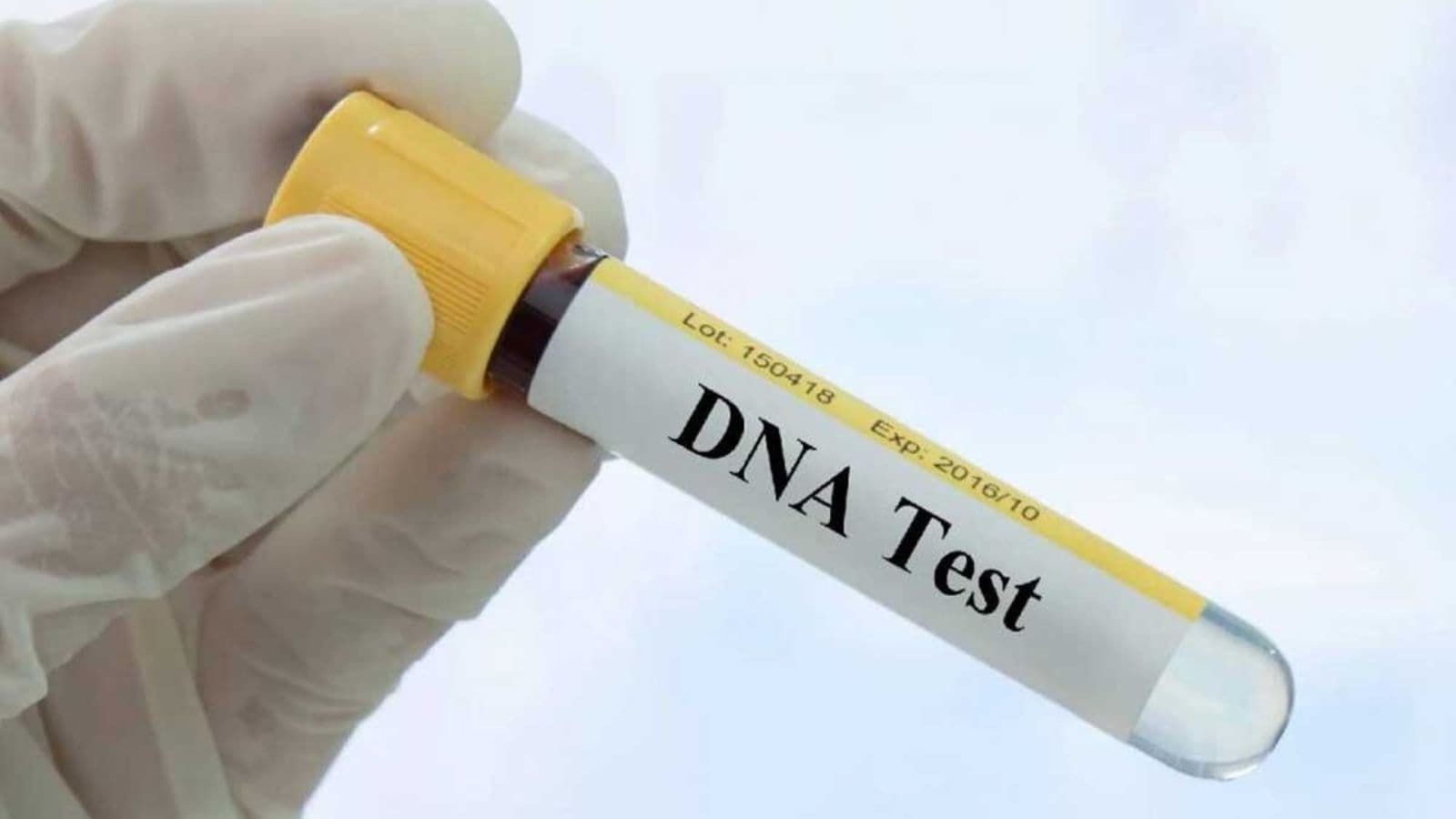Last Updated:
The bench of Justice Rajeev Misra upheld the decision of a trial court, stating that ordering a DNA test of the prosecutrix and her child has “serious social consequences”.

The trial was already underway, and five prosecution witnesses had deposed, when the accused, on May 18, 2023, filed an application before the trial court seeking a DNA test.
The Allahabad High Court recently dismissed an application for a DNA test of the victim and her child in a rape and POCSO case, emphasising that such requests are not to be entertained as a matter of routine, especially when they are made at a significantly delayed stage of the trial.
The bench of Justice Rajeev Misra upheld the decision of a trial court, stating that ordering a DNA test of the prosecutrix and her child has “serious social consequences”.
Recommended Stories
An application under Section 482 CrPC was filed by Ram Chandra Ram, the sole accused in a case registered under Sections 376, 452, 342, and 506 of the Indian Penal Code, along with sections 5/6 of the POCSO Act. The FIR in the matter was lodged on June 22, 2021, by the mother of the minor victim, alleging that the incident occurred on March 29, 2021. The investigation culminated in a charge sheet filed on July 20, 2021, followed by the framing of charges on April 25, 2022.
The trial was already underway, and five prosecution witnesses had deposed, when the accused, on May 18, 2023, filed an application before the trial court seeking a DNA test. The basis of his plea was the assertion that the child, despite being allegedly premature, was fully grown at the time of birth, which he claimed could not be the result of his cohabitation with the prosecutrix. The accused’s counsel argued that the test was a necessary tool for scientifically determining his guilt or innocence.
However, the Additional Sessions Judge/Special Judge, POCSO Court, Ghazipur, rejected the application on November 2, 2023. The trial court’s order noted that the application was filed at a “very belated stage” and that in a case under Section 376 of the IPC, the paternity of the child is not a prerequisite for proving the offence.
Challenging this order, the accused moved the High Court seeking to quash the trial court’s order. During the hearing, the counsel for the accused reiterated the argument that the DNA test was crucial for the defense.
The state, represented by the Additional Government Advocate, strongly opposed the petition, arguing that the trial court’s order was legally sound. The A.G.A. emphasized that the application was filed after charges had been framed and five prosecution witnesses had already been examined, and that the court could not be expected to “pre-empt the trial”.
The bench of Justice Misra affirmed the trial court’s reasoning. Court observed that once charges are framed, the court is obligated to address them directly and cannot sidetrack the proceedings.
The judgment noted that the accused’s counsel had failed to “dislodge” the trial court’s specific findings that paternity is not a necessary factor for a Section 376 IPC offense and that DNA tests are not to be ordered in a routine manner. The High Court stated, “It is well settled that if the findings could not be dislodged, the conclusion cannot be altered”.
Drawing on a series of Supreme Court precedents, including Goutam Kundu vs. State of West Bengal and Bhabani Prasad Jena vs. Convenor Secretary, Orissa State Commission for Women, the court highlighted the severe implications of DNA testing.
The judgment stressed that a DNA test of the prosecutrix and her child has “serious social consequences” and should only be directed when “compelling and unavoidable circumstances have emerged on record, which make out a cast-iron case”.
Court concluded that the accused’s application was not founded on “strong and clinching facts nor the facts therein were substantiated by material facts or impeccable evidence so as to lead to the conclusion that the DNA test of the prosecutrix and her child is a compelling necessity and an unavoidable circumstance.”
Finding no “illegality or jurisdictional error” in the trial court’s decision, the High Court dismissed the application.
About the Author

Salil Tiwari, Senior Special Correspondent at Lawbeat, reports on the Allahabad High Court and courts in Uttar Pradesh, however, she also writes on important cases of national importance and public interests fr…Read More
Salil Tiwari, Senior Special Correspondent at Lawbeat, reports on the Allahabad High Court and courts in Uttar Pradesh, however, she also writes on important cases of national importance and public interests fr… Read More
September 11, 2025, 15:58 IST
Loading comments…
Read More




)